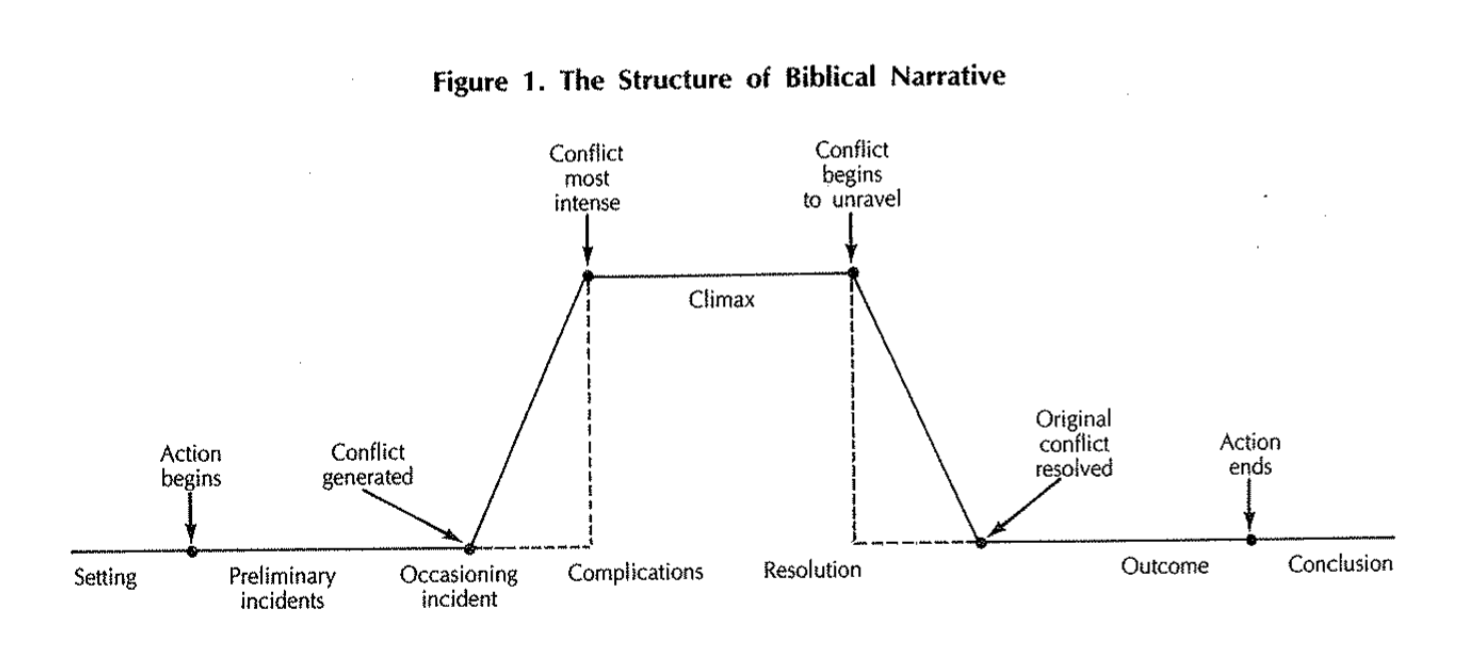Genesis Bible Reading
January 7, 2018
As we devote to the scriptures together in the new year, I want to challenge you to partner up with someone among your family, your friends, or your co-workers in order to commit to reading the Bible together. This Sunday we begin our Numbers preaching series. As a supplement to this series I have developed a Pentateuch reading plan (First five books of Moses: Genesis, Exodus, Leviticus, Numbers, and Deuteronomy). This plan will take us through the whole Pentateuch by September 2018 beginning this Monday January 8th.
This study provides a weekly Psalm declaring the glory of God’s word and daily Pentateuch chapter readings. Pray through this Psalm to prepare your heart with a deeper love for God and his word as you begin the reading. At the end of each book of the Pentateuch there is a Gospel Bridge. This New Testament verse shows how that book of the Pentateuch reveals our need and God’s provision of the saving work of Jesus Christ.
The Pentateuch lays a solid foundation for a Biblical worldview and life approach as we explore the beginnings and foundations of the Gospel. We will move through God’s creative purposes for all things, to God’s covenantal relationship with his people, to stories of redemption and provision, to wandering and arriving at the fullness of God’s promise. These gems will be mined with even greater joy as we do the work of mining the scriptures together with one other person or a group of people.
When we arrive at a new book of the Bible I will give you some guidance in studying the book: emphasizing how to approach studying that genre, what to highlight in that particular book, how this book fits within God’s big plan of Redemption, and some pointers for application.
Genesis
Genesis is referred to as the book of beginnings because it tells the story of God’s blueprint for how the world was meant to function in perfect relationship to God, to humanity, and to creation. As the narrative develops we see God’s relationship with humans and his creation in the perfection of Eden and God’s response of redemption after humanity rebelled. We will see how covenant promises and commitments structure the relationship with God and us His people.
A few pointers for studying the book of Genesis:
- As you read Genesis, read it like a narrative: Be attentive to the various characters, see the development of the tension/conflict in the various stories, take note to what characters and actions are painted in positive terms/negative terms, see how the tension/conflict resolves and what results/consequences occur at the end of the story (whether positive or negative).
- Tremper longman provides a helpful structure for most Biblical narratives. Most stories have a context of tension that builds to the occasioning event which is the event that starts the conflict/tension. The conflict/tension moves from most intense, to resolution, to results. (Tremper Longman Literary Approaches to Biblical Interpretation, 92)

- As God’s story, pay close attention to God’s action in the story. See how God resolves the tension, provides for needs, or delivers from trouble (these are some of the key ways narratives point to the priority of God’s grace and good news of the Gospel in redemptive history). A simple way to see this in each story is to ask what is the need presented in this story and how does God supply that need. Then ask how do people respond to that supply.
- The Gospel Bridge for Genesis demonstrates the failure of Adam to fuflill God’s covenant commitments and our need for a Truer Adam, the Lord Jesus Christ who perfectly fulfilled God’s covenant commitments in order to give us his perfect righteous record and pay the penalty of our covenant breaking.
- In Genesis 1-2, pay close attention to how God structured the world and relationships with human beings as image bearers in relationship towards God, one another, and the physical world around them. This provides the normal pattern for how humans relate to God, each other, and the world.
- Genesis 3 demonstrates the common pattern of temptation that often reoccures throughout the Genesis story and brings ruin to all relationships (with God, with humans, and with creation).
- Also, notice the various covenant frameworks and covenant promises throughout the book. What do these covenants reveal about God’s concern for his people and his creation? How are we to respond to God’s covenant faithfulness? What future for God’s people and God’s world is implied by these promises? Adam and Eve Genesis 1:26-28/2:15-17, Genesis 3:15, Noah 9:1-17, Abraham 12:1-3, 15, 17:1-15, 18:17-19, Isaac 26:1-5, Jacob 28:10-17.